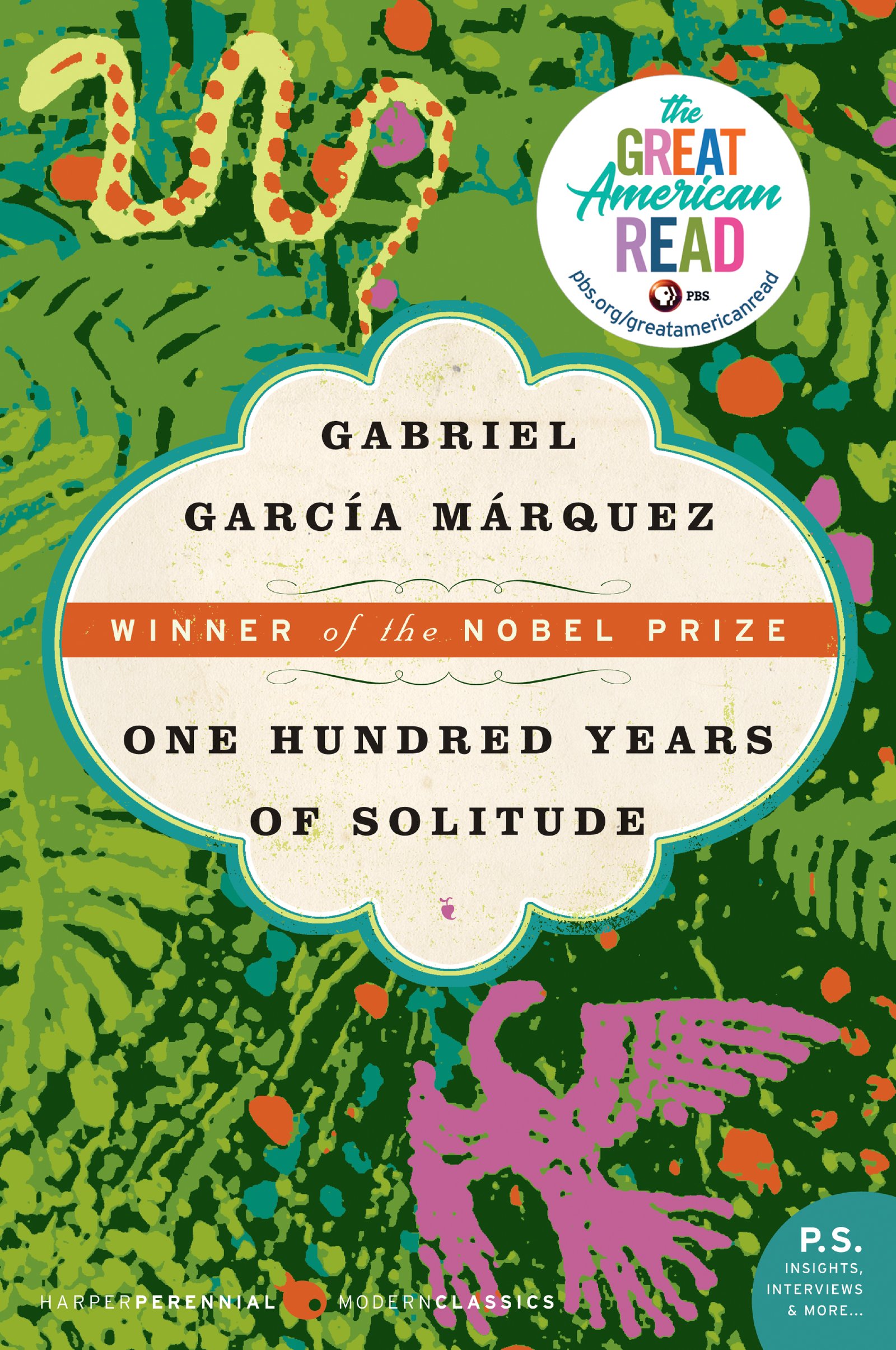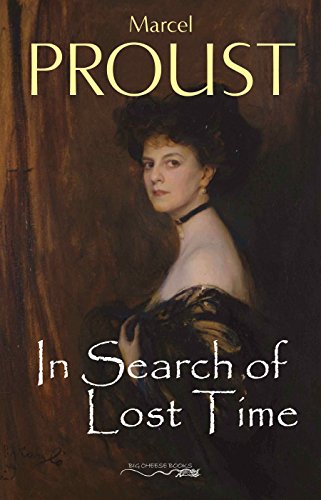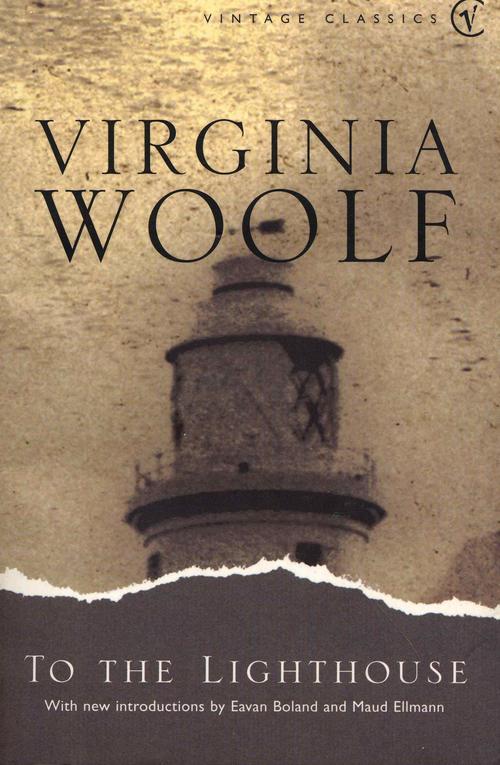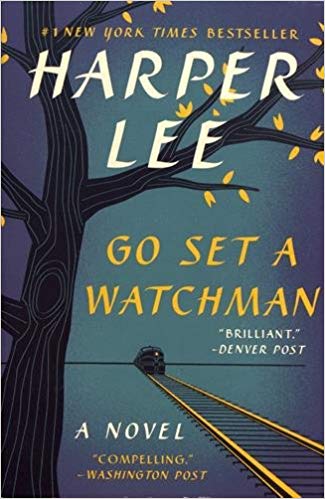Amitav Ghosh’s ‘Gun Island’
Amitav Ghosh’s ‘Gun Island’on Aug 27, 2019

Ghosh’s new novel throws itself at climate change with all the urgency of a Quixote, and with possibly as much effect
The Jnanpith this year reaffirms Amitav Ghosh’s status as one of the leading storytellers of our age. He has produced a solid body of excellent works, each one establishing his linguistic mastery, the depth of his historical research and the vast span of his novelistic reach. The books have explored not just characters and their stories but an age, a phenomenon, a singularity. Books like The Glass Palace (2000) teem with so much detail they could well be history and not fiction at all. And Ghosh has revelled in this blurring of lines, using it to deliver a crystal-clear fictional vision. Then, with the publication of The Great Derangement in 2016, a non-fiction work about the imminence of environmental catastrophe and our blindness to it, Ghosh seemed to reach what we can now mark as a turning point in his creative journey. While nature, floods and tempests have been recurrent motifs in his works, possibly guided by his subconscious preoccupations, with his new novel, Gun Island, Ghosh picks up the gauntlet he threw down in The Great Derangement when he asked why art and fiction have ignored climate change.Seeking to rectify this, Gun Island travels, with characteristic flamboyance, from the Sundarbans to Venice, arches over the past and the present, tangles myth with fact to bring home to readers that the world as we know it is in the grip of unprecedented change and in our wilful ignoring of it possibly lies our end.
Unsettling visions
The narrator, Deen, a rare books dealer based in Brooklyn, visits Kolkata and is compelled by the intriguing tale of a shrine dedicated to Bonduki Sadagar, the Gun Merchant, to visit the Sunderbans. There, in an ancient brick sanctuary whose panels still recount the legend of the Gun Merchant’s feud with the Snake Goddess, Manasa Devi, a string of occurrences unspools when the young Tipu is bitten by a king cobra. Tipu lives, but is visited by unsettling premonitions, which link the ancient world with the modern, east with west, and human with non-human, until finally it all ends in an awkwardly engineered finale. The environmental devastation that the world is in the middle of today is possibly irreversible, and Ghosh is clearly conscious of it. In the face of such inevitability, Ghosh seems to have decided to throw himself at the windmills with all the urgency of a committed Quixote. Gun Island has bits of everything — magic, myth, history, science, zoology, etymology. It’s about climate change, but suddenly it’s also about migration and trafficking, and with the feeblest linkages. The result is not so much a Persian carpet as a patchwork quilt.
The environmental devastation that the world is in the middle of today is possibly irreversible, and Ghosh is clearly conscious of it. In the face of such inevitability, Ghosh seems to have decided to throw himself at the windmills with all the urgency of a committed Quixote. Gun Island has bits of everything — magic, myth, history, science, zoology, etymology. It’s about climate change, but suddenly it’s also about migration and trafficking, and with the feeblest linkages. The result is not so much a Persian carpet as a patchwork quilt.
Fiction is a jealous mistress, demanding a writer’s fidelity. As soon as she smells a rival, in this case the ‘cause’, she ups and leaves. By committing himself so strongly to writing an ‘environmental’ novel, Ghosh has fallen foul of her. At every turn, his theme dominates, overriding the storytelling. You are not invested in the characters because they never become anything more than purveyors of information. The narrator Deen is vapid, once saying, with complete accuracy, that he doesn’t know what Cinta, his Italian friend, sees in him. Piya returns to this book from The Hungry Tide (2004), but brings nothing of that book’s vitality, fulfilling a flat ‘marine biologist’ trope instead. Cinta remains a construct, the Jungian ‘sage’ archetype, unleavened even by a back story that tries hard to be poignant.
Like set pieces
Lives and events don’t evolve with inevitability, but are forced forward, obliged to make a point. An evening walk ends with Cinta and Deen swamped by shipworms, a creature that is proliferating because of warming sea waters and is now eating up Venice’s wooden pilings. A beach visit sees the abnormal appearance of a deadly yellow-bellied sea snake. One might argue that these occurrences are essential in a novel about climate change, but they are arranged like set pieces, stilted and obvious, exposing the novel’s compulsion to bring together as many uncommon natural phenomena as possible. In The Great Derangement, Ghosh had mused that staging a tornado in a novel might look contrived, and had asked if realism would have to be replaced by pre-modern narratives, like The Arabian Nights, using the improbable and the magical, to talk of something as unparalleled as climate change. But he had asked too if drawing something as frighteningly real as global warming with the brush of magic realism might rob it of its urgency. Gun Island sees Ghosh wrestling with this dilemma. Magic fights with the mundane, and the latter wins. Ghosh tries to draw upon the surreal but with characters who are too tepid to pull it off. His bet on the unknown is half-hearted, always hedged by data and factoids.
Yet, he had his story right there — in the mysterious Sundarbans, in the sucking mud, the green waters. When Tipu is in the throes of his first vision, you are gripped by foreboding. Tipu and Rafi’s connect is uncanny and moving. The tracing of an ancient legend to its mysterious modern manifestations is as mesmerising as any account of the Illuminati. Ghosh should have simply let Manasa Devi lead him on.
We’re confronting portents today of something beyond our understanding — tsunamis and tornadoes, beached whales, melting ice, dying birds. And art indeed needs to find a way to respond to this the way it has to war or terror. Ghosh has taken a tentative first step on this journey, but he really needs to brush up his magic spells.
Gun Island sees Ghosh wrestling with this dilemma. Magic fights with the mundane, and the latter wins. Ghosh tries to draw upon the surreal but with characters who are too tepid to pull it off. His bet on the unknown is half-hearted, always hedged by data and factoids.
Yet, he had his story right there — in the mysterious Sundarbans, in the sucking mud, the green waters. When Tipu is in the throes of his first vision, you are gripped by foreboding. Tipu and Rafi’s connect is uncanny and moving. The tracing of an ancient legend to its mysterious modern manifestations is as mesmerising as any account of the Illuminati. Ghosh should have simply let Manasa Devi lead him on.
We’re confronting portents today of something beyond our understanding — tsunamis and tornadoes, beached whales, melting ice, dying birds. And art indeed needs to find a way to respond to this the way it has to war or terror. Ghosh has taken a tentative first step on this journey, but he really needs to brush up his magic spells.

.jpg)
.jpg)
.jpg)
.jpg)
.jpg)

.jpg)
.jpg)
.jpg)
.jpg)
.jpg)


.jpg)
.jpg)
.jpg)










Sorry! No comment found for this post.